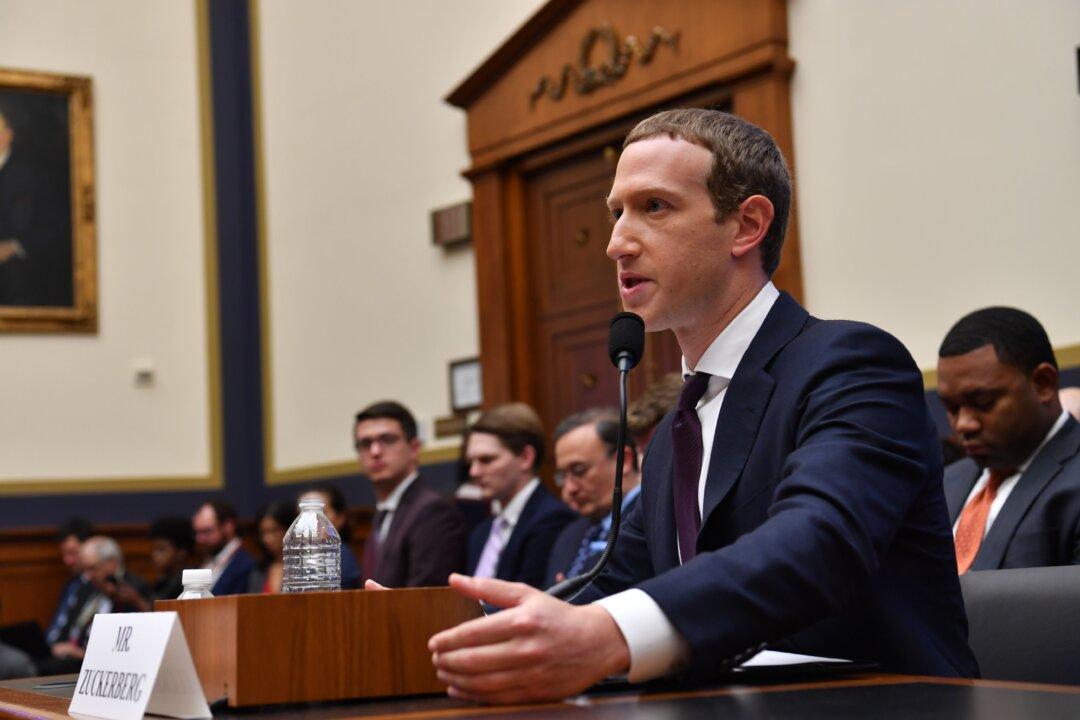Facebook founder Mark Zuckerberg, who in the 2020 election cycle flooded election offices across the United States with hundreds of millions of dollars in grants, won’t be participating in such grantmaking this year, according to a spokesman.
Zuckerberg and his wife, Priscilla Chan, made $419.5 million in donations to nonprofits—“Zuckerbucks” or “Zuckbucks,” as some have called the money—$350 million of which went to the “Safe Elections” Project of the left-wing Center for Technology and Civic Life (CTCL). The other $69.5 million went to the Center for Election Innovation and Research. The CTCL reportedly distributed grants to upward of 2,500 election offices.





